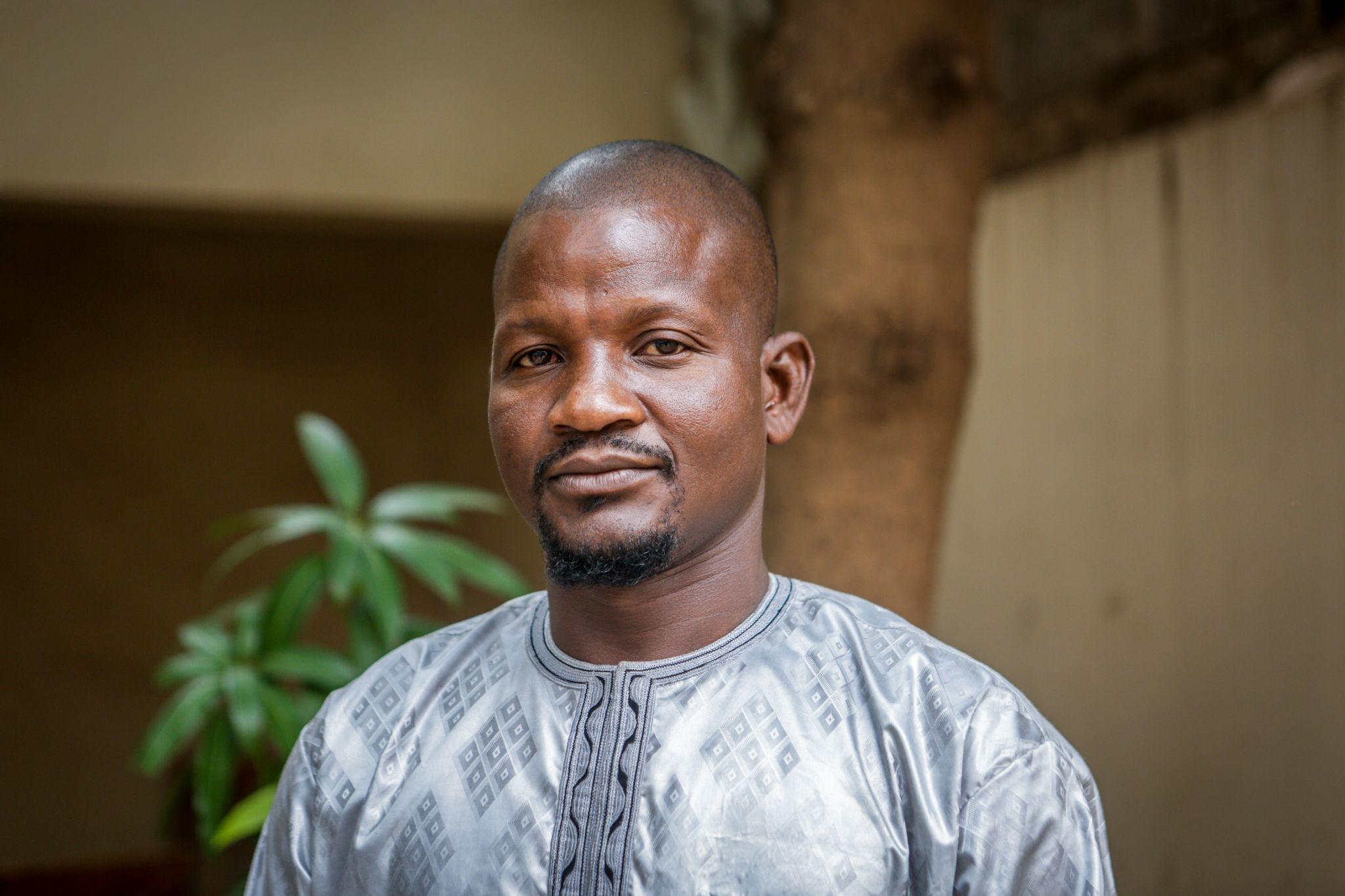
AMAL
“It's up to us to think about how to disseminate the information, so that it doesn't harm anyone.”
"Armed groups reportedly ordered a community to leave the city within 72 hours. We had lived together for decades, were married to each other, and now we had to pack up. Some left with nothing," recalls Amal, head of a radio station in Bandiagara, central Mali.
For Amal, if the news is too good or bad to be true, only reliable sources can provide a clear verdict. So Amal makes calls; he tries to find out where the information comes from. "When the truth came out, it was already too late. The damage was done." In the flight, his cousin's wife gets into a car accident, resulting in a miscarriage.
Since 2016, Search has been supporting Amal to have his voice emerge above the din of rumors. Indeed, this climate of suspicion has him wondering how his voice, too, will be interpreted. "Is my belonging to a specific community going to be an issue? Search has helped me gain listeners' trust by positioning myself as an unbiased voice. It's up to us to think about how to disseminate the information, so it doesn't harm anyone."
And the partnership continues to provide him with new tools to help his community access verified information. Through the Canadian government-funded "Tabale Kunkan" project, Amal has become a leading fact-checker and proud advocate for conflict-sensitive information.
"We must be critical of information because disseminating false ones also contributes to violence. There is a lot of manipulation. When I hear false information about Bandiagara, I consider it my duty to correct things."
Indeed, conflicts between communities have taken on another dimension since the crisis. What was resolved in one particular area now concerns the whole world. "Each community has created its Whatsapp groups to keep diasporas in surrounding countries informed. But today, we don't even know where the information comes from; everyone is sharing. We don't know who a journalist is anymore. All you need is a phone.”
Amal joins a dozen of these groups, which can count up to 200 people. As soon as he detects false information, he reports it on the radio and social networks and asks for more accountability from everyone. "People don't understand the consequences. The farther away it is, the less we realize, while it's their loved ones present in our area that they are exposing."
Fortunately, this multi-pronged arm wrestling is paying off. "I'm regularly contacted to verify the information before sharing it. So now, maybe 9 of 10 information shared on these groups has been verified."
Amal's influence continues to grow. "People called me from Ghana to Egypt when I received an award for the amount of fake news I was able to debunk." Indeed, no matter where people are, Amal brings them together. "I have a radio show that anyone, even outside of Mali, can participate in, on the theme of 'we are all victims of fake news.' All of these efforts have helped to change mindsets, to strengthen ties."